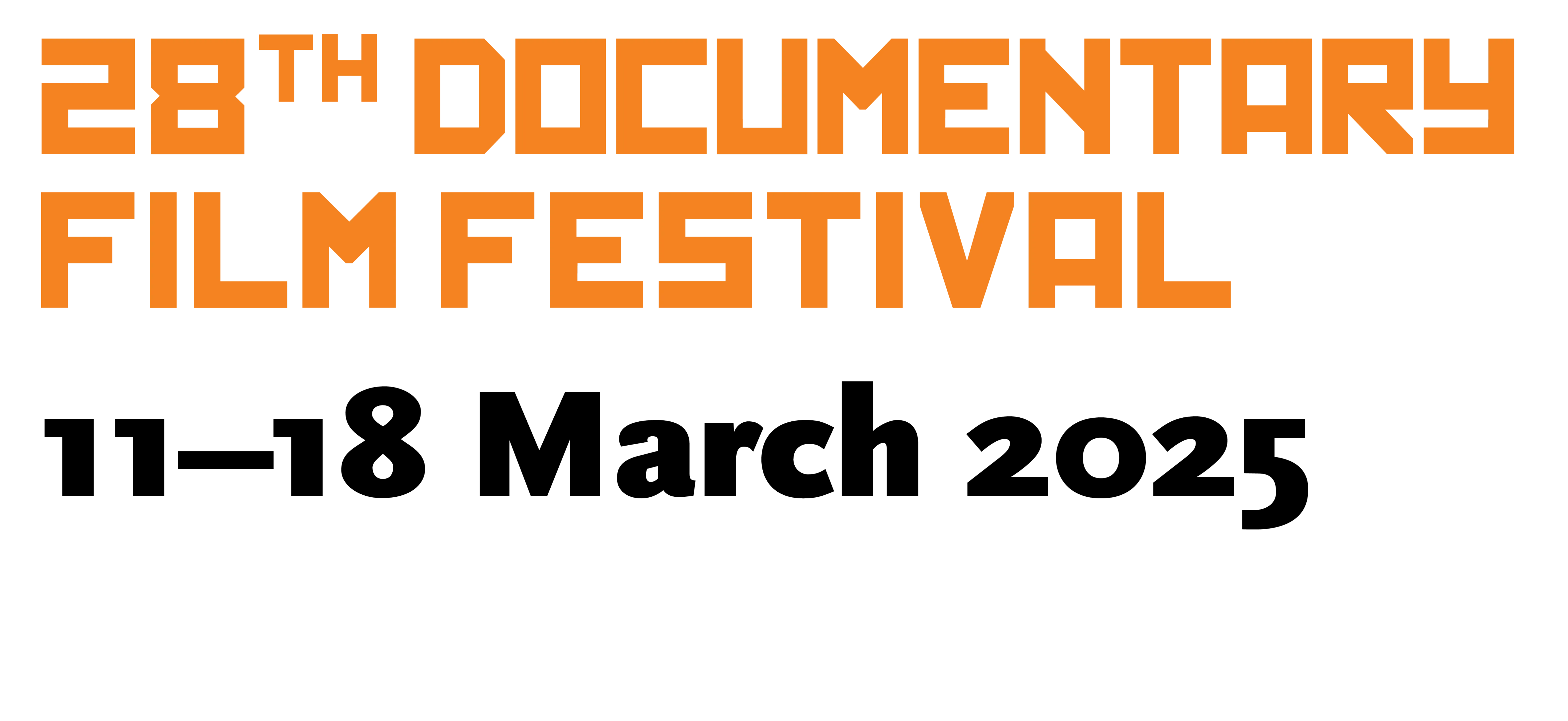Accompanying programme
FRI, 14 March, at 18.45, Kosovel Hall
-
Israel's Apartheid System
After the screening of No Other Land
Q&A with Anwar Samara and Omar AshalAnwar Samara, a Palestinian architect from Tulkarem, and Omar Ashal, a Palestinian mechanical engineer from Birzeit, both grew up and received their schooling in the Palestinian territories illegally occupied by Israel. They pursued their postgraduate studies in Ljubljana, their current place of residence. They will explain how Israel’s apartheid system and the illegal appropriation of Palestinian land affect the daily lives of Palestinian people, and address the accumulated effects of climate crisis and Israel's illegal occupation. The Q&A will be hosted by Kristina Božič from Amnesty International Slovenia.
FRI, 14 March, at 18.00, Slovenian Cinematheque
-
Cinema Between Poetics and Politics
After the screening of Part I
Q&A with Maja Weiss and Helena KoderAn extensive discussion on the subject of documentary filmmaking. Award-winning director Maja Weiss and Helena Koder, a documentary filmmaker in her own right, co-screenwriter of several of Maja Weiss's films, and recent Rožanc Prize winner for her essay collection Krošnja z neznanimi sadeži, will discuss the subjects such as collaborative work, producing TV and film documentaries, the space for democratisation and the power of documentary films aired on TV Slovenija, especially during the late 1980s and early 1990s, when the national broadcasting corporation produced many of their works.
WED, 19 March, at 17.00, Slovenian Cinematheque
-
Kino-katedra/ Maje Weiss Retrospective
After the screening of The Road of Brotherhood and Unity
Lectures by Andrej ŠprahThis Kino-katedra meeting is dedicated to the exciting documentary film The Road of Brotherhood and Unity, in which Maja Weiss (together with her sister Ida) takes us along the famous "highway" of brotherhood stretching from the town of Jesenice to the Macedonian-Greek border, exploring the last vestiges of trust in a crucial socialist slogan about the coexistence and togetherness of different peoples in the republics of former Yugoslavia. The talk will focus on the director’s signature filmmaking style of proactive ‘travel’ exploration of pressing socio-political situations, cultural phenomena and her own authorial position, examined in the film through combinations of observational, interactive and reflexive documentary approach to representing reality.
Free admission to post-screening Q&As.
Post-screening Q&As
Wednesday, 12 March, at 19.30
Praslovan (Festival opening)
Post-screening Q&A with the film crew
Linhart Hall
Thursday, 13 March, at 16.45
Eight Postcards From UtopiaPost-screening Q&A with Janez Rakušček
Kosovel Hall
Thursday, 13 March, at 18.00
Maja Weiss 60 Retrospective, Part 2
Post-screening Q&A with the film crew
Cinematheque
Friday, 14 March, at 16.30
Far from being Lipizzans
Post-screening Q&A with director Olga Kosanović
Kosovel Hall
Friday, 14 March, at 18.45
No Other Land
Post-screening Q&A with Anwar Samara and Omar Ashal
Kosovel Hall
Friday, 14 March, at 20.15
Maja Weiss 60 Retrospective, Part 1
Post-screening Q&A with Helena Koder and Maja Weiss
Cinematheque
Saturday, 15 March, at 16.45
Intercepted
Post-screening Q&A with director Oksana Karpovych
Kosovel Hall
Sunday, 16 March, at 16.45
Far from being Lipizzans - cancelled
A conversation with director Olga Kosanović after the screening of the film Far from Lipizzaners on March 16th is cancelled due to illness.
Sunday, 16 March, at 11.00
Intercepted
Post-screening Q&A with director Oksana Karpovych
Kinodvor
Sunday, 16 March, at 17.00
Maja Weiss 60 Retrospective, Part 3
Post-screening Q&A with the film crew
Cinematheque
Sunday, 16 March, at 21.00
Praslovan
Post-screening Q&A with the film crew
Kosovel Hall
Monday, 17 March, at 20.00
Maja Weiss 60 Retrospective, Part 4
Post-screening Q&A with the film crew
Cinematheque
Tuesday, 18 March, at 16.45
Hollywoodgate
Post-screening Q&A with Ervin Hladnik Milharčič
Kosovel Hall
Tuesday, 18 March, at 20.00
Fiume o morte!
Post-screening Q&A with the film crew
Kinodvor
Wednesday, 19 March, at 17.00
Maja Weiss 60 Retrospective, Part 5
Post-screening Kino-katedra
Cinematheque
Wednesday, 19 March, at 19.30
Fiume o morte! (Festival closing)
Post-screening Q&A with the film crew
Kosovel Hall
